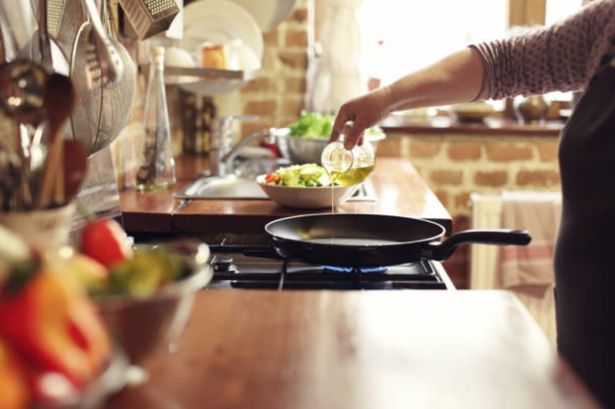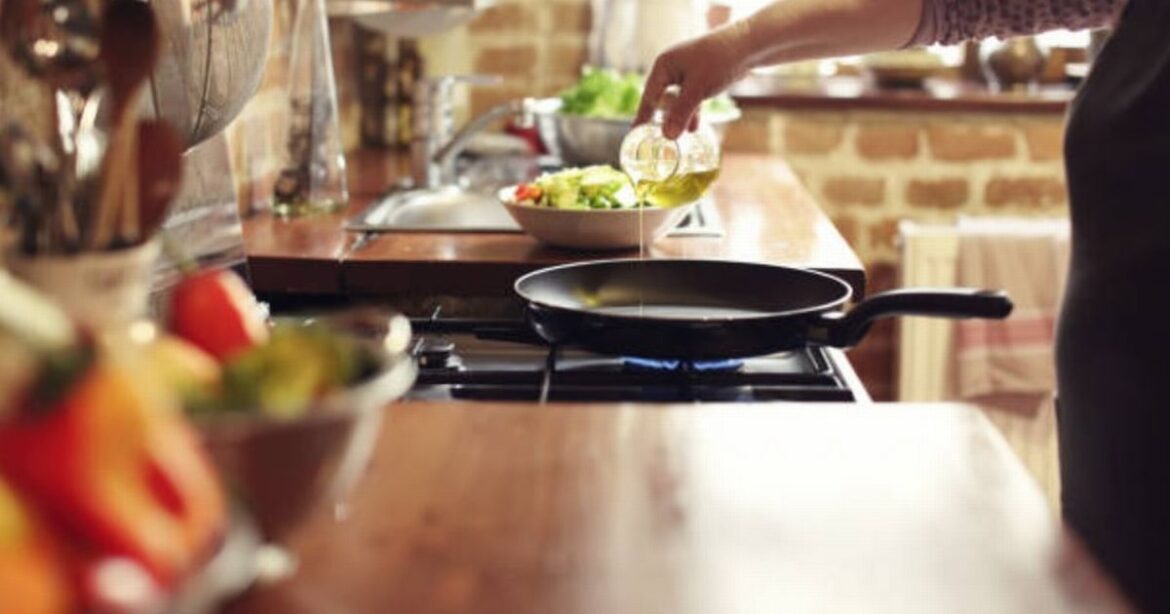A report from BravoVoucher sheds light on the products set to rise in price by 2030. A report from BravoVoucher sheds light on the products set to rise in price by 2030.
A report from BravoVoucher sheds light on the products set to rise in price by 2030.
A warning has been issued to millions of UK households who have granulated sugar or olive oil in their kitchens – amid the prospect of massive price hikes in the coming months and years.
A new report has laid bare the problem that UK households could find themselves greeted by by 2030. A report from BravoVoucher sheds light on the products set to rise in price by 2030.
The figures are based on previous research using data from the Office for National Statistics, they say. Worryingly for UK households who like to cook, the price of sugar and olive oil – two kitchen staples – look at risk.
READ MORE ASOS bans thousands of customers ‘with immediate effect’ and deletes accounts
Olive oil’s price has risen by 113.8 per cent between 2019 and 2024, reaching £8.04 per litre by March 2024. By 2030, olive oil prices could potentially more than double to around £17.19.
The price of granulated white sugar has risen by 67.6 per cent, reaching £1.19 per kg in March 2024. By 2030, prices could increase to approximately £1.99 per kg.
Italy, Greece and Spain are the main areas for olive oil production, covering more than 60% of the market. It is also produced in Turkey, Tunisia, Portugal and Croatia.
One reason given by some for the price increase is the UK’s decision to leave the European Union. The Brexit vote has “increased bureaucracy and transport times”, said one producer to The Olive Oil Times, stating that “Brexit had impacted our business like any other”.
Panos Manuelides, founder and managing director of Odysea, a specialist Greek and Mediterranean fine food importer, said: “The spike in olive oil prices is largely due to two consecutive poor harvests in Spain, the world’s largest producer, compounded by widespread crop failures across the Mediterranean last year, due to adverse weather conditions.
“Although an improved harvest this year may offer some relief, prices are unlikely to return to previous levels, especially considering factors such as critically low water reserves in Greece.”

